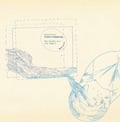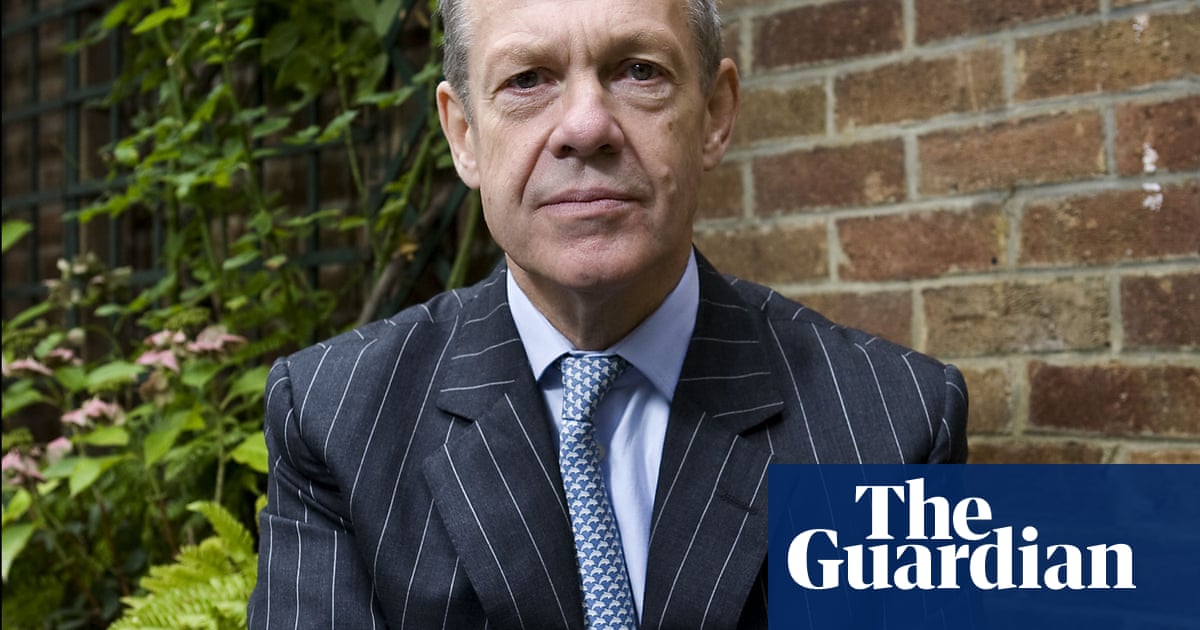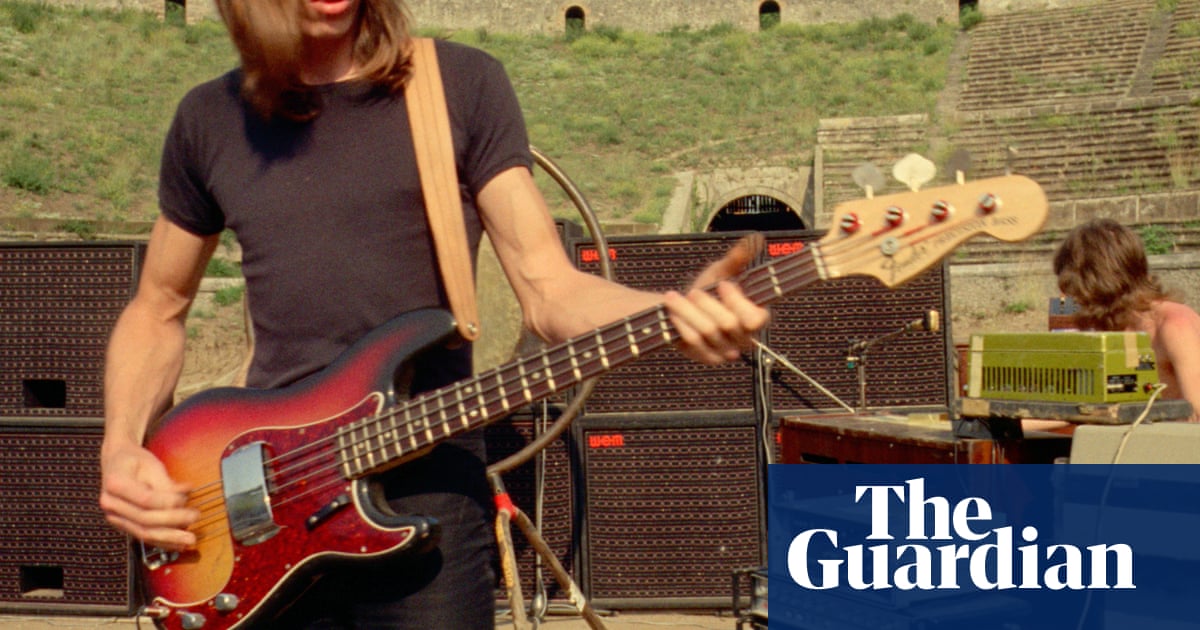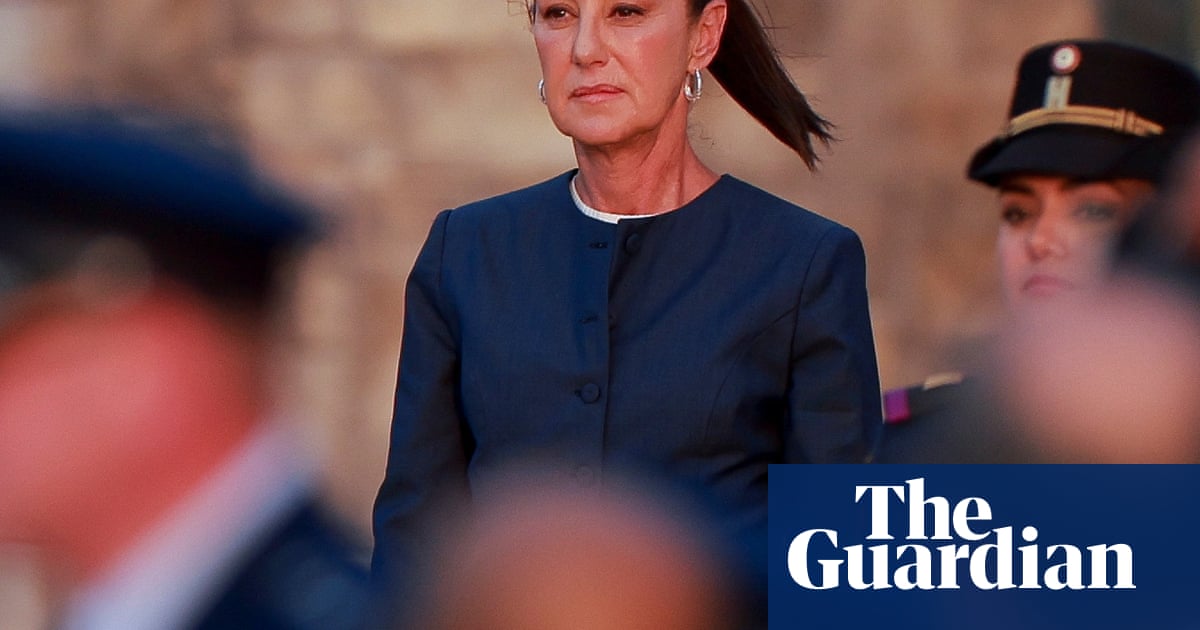Ukho Ensemble Kyiv is Ukraine’s leading new-music group, founded in 2015 by the Italian conductor Luigi Gaggero. Since the Russian invasion of the country in 2022, its members have inevitably been dispersed and its activities curtailed, but it has continued to perform a wide range of 20th and 21st-century repertories outside Ukraine. This performance of what is one of Gérard Grisey’s most important achievements, and one of the finest scores of the final decades of the last century, is taken from concerts the group gave in Stuttgart in December 2022.

Grisey completed Vortex Temporum, for two winds, three strings and piano, in 1996, two years before his shockingly sudden death. If the work that followed it, the extraordinary Quatre Chants pour Franchir le Seuil, suggested that Grisey’s music was about to enter a new phase that he did not live to explore, then Vortex Temporum is perhaps a stylistic end point, a masterly demonstration of the techniques and utterly lucid structural thinking that he had elaborated over the previous decade. What develops from a motif borrowed from Ravel’s Daphnis et Chloé into a study in how musical time unfolds at different rates generates ideas of extraordinary expressive power along the way, whether it’s the piano solo in which the opening section climaxes, the unwinding chorale of the second part or the steadily accumulating third.
The Ukho performance is bold, assertive and closely recorded, while the other easily available recording, performed by Ensemble Risognanze on the Stradivarius label, offers a different perspective, more delicate, more distant, but equally compelling; a score as masterly as Vortex Temporum can accommodate many different interpretations.

 7 hours ago
5
7 hours ago
5













































